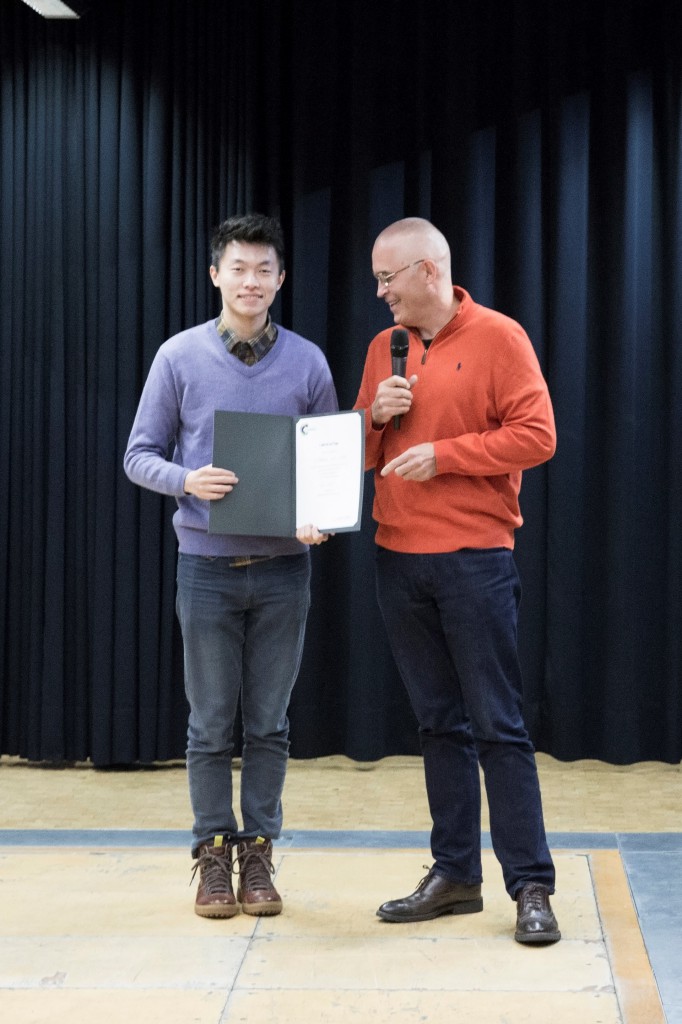The Symposium Latsis EPFL 2016 “Multicellular organisms in microfluidic systems” was held from 14 November 2016 to 16 November 2016 at the EPFL campus in Lausanne (Switzerland). The event was co-organised by Prof. Johan Auwerx and Lab on a Chip Advisory Board member Prof. Martin Gijs.
Studies of living organisms like nematodes and invertebrate embryos in controlled spatio-temporal chemical environments on microfluidic chips are gaining momentum, as these animals offer genetic amenability, low-cost, and culture conditions that are compatible with large-scale screens, while not raising ethical issues. The Latsis Symposium wanted to bridge the gap between microfluidic systems and biological model organism research, by providing an interdisciplinary forum on the technology and applications of microfluidic systems for studies of multicellular organisms in medicine and biology.
Topics covered in each of the sessions were:
- Phenotyping
- Imaging Techniques
- High-throughput techniques
- Neurobiology
- Physiology and Development Studies
A distinction for the best contributed poster of the Symposium was given to Ph.D. student Li Dong of the Laboratory of Microsystems of EPFL. He received an electronic subscription to the RSC journals Lab on a Chip and Integrative Biology.












